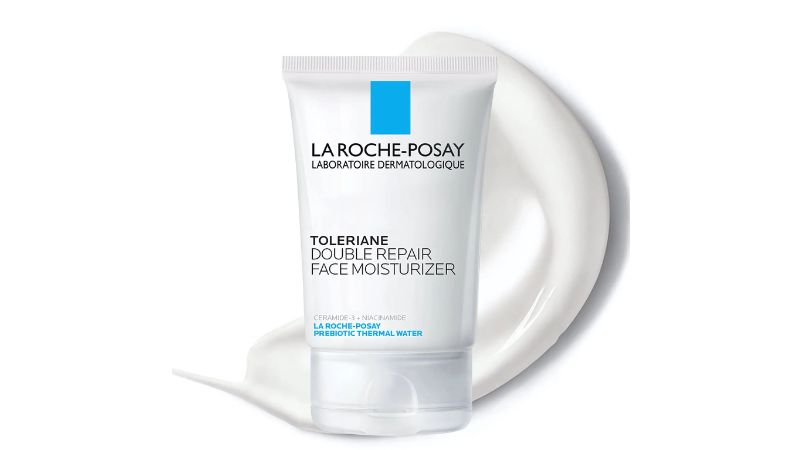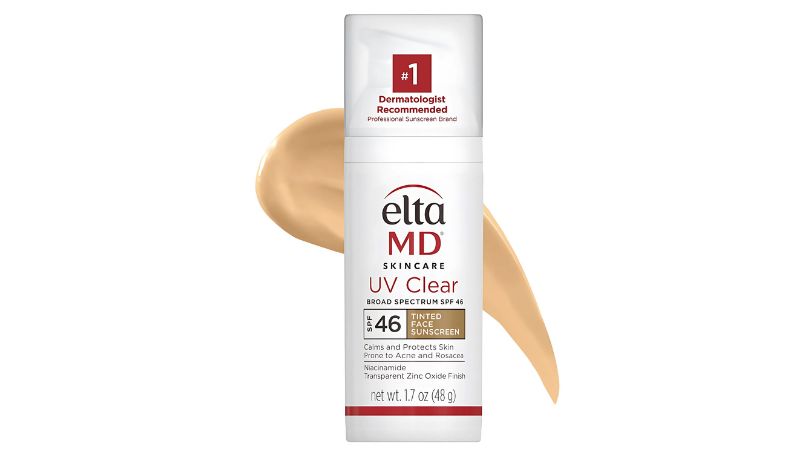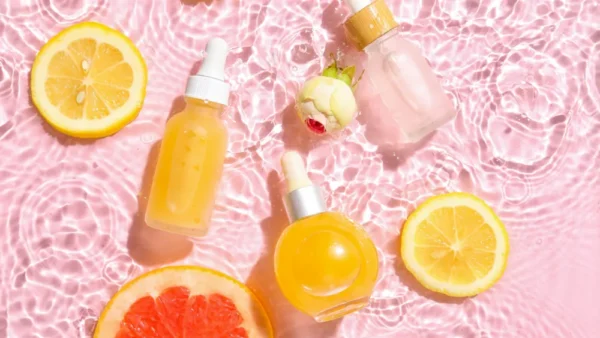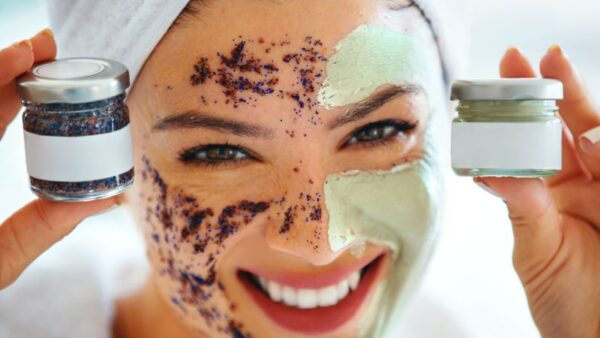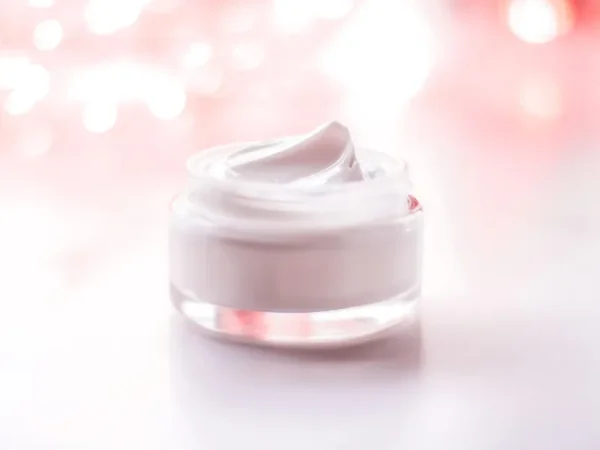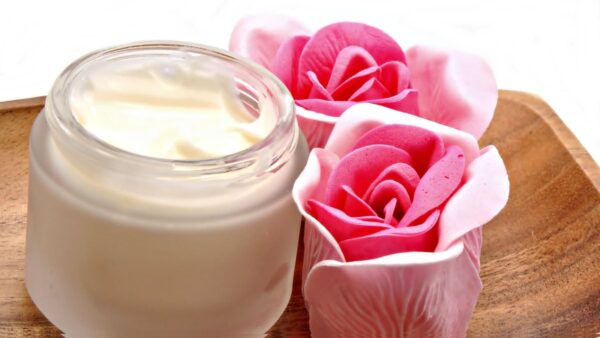How To Care For Sensitive Skin Without Irritation
Do certain products burn on your skin? Do you have red and itchy skin? Then, you may have sensitive skin.
According to the data, about 50% of people classify their skin as sensitive, so don’t worry! The correct technique can pamper sensitive skin without inflaming it.
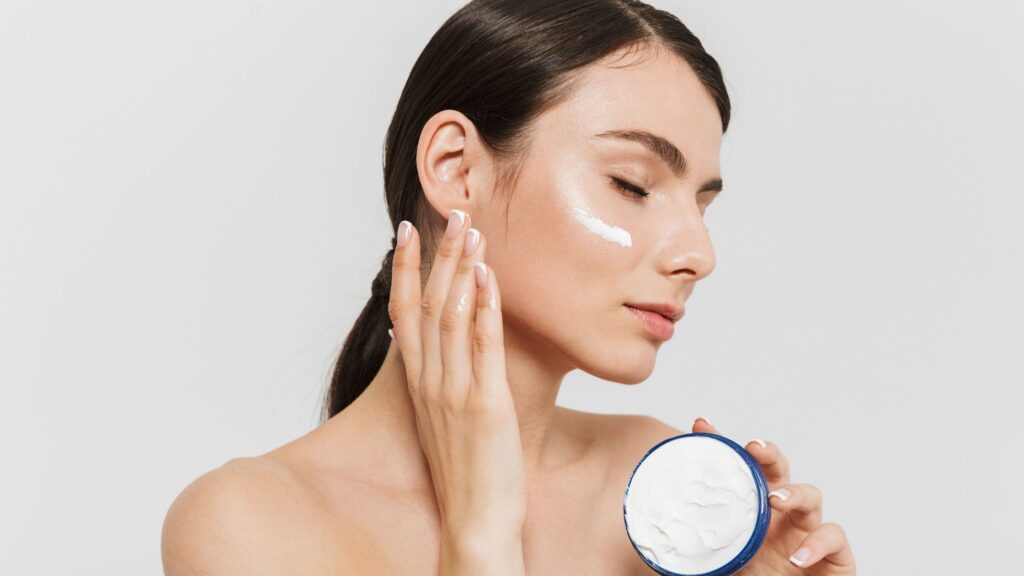
Detect Your Unique Triggers
Before creating a skin care regimen for sensitive skin, you must figure out exactly what causes it to react. To me, added fragrances are enemy No. 1.
When something is perfumed, has essential oils, or is “natural” that smells it, my face is red, flaky, and itchy instantly. I cannot abide strong surfactants and alcohols in cleansers that break my skin barrier. Too much exfoliation, hot foods, and stress also increase my sensitivity.
Learn to listen very intently for what is causing your skin to sting or inflame after using products. Take the time to write down every trigger on your list to minimize it as much as possible. Check every ingredient label and note any that look related to reactions.
If eating tomatoes or spicy curry blisters your face, stick to blander dishes. Getting your unique sensitivities right takes some trial and error, but once you’ve mastered them, you are halfway to glowing skin!
Some common sensitive skin triggers are:
- Fragrances
- Harsh surfactants
- Over-exfoliation
- Extreme temperatures
- Spicy foods
- Alcohol
- Stress
Cleanse Ultra Gently
Using a foaming/lotion cleanser that’s all about dryness, which makes the skin feel completely dry, is one of the biggest errors I see people making with sensitive skin. This can break your natural barrier to moisture and send your face into meltdown mode with redness, stinging, and swelling. Always choose a super mild, non-fragrance liquid cleanser that contains no sulfates, soap, or corrosive surfactants.
My go-to is Vanicream Gentle Facial Cleanser, as it doesn’t sting my face or dry it out.
Use warm water work the cleanser on damp skin for 30-60 seconds, and rinse thoroughly.
Avoid vigorous rubbing. When you’re done, dry the face softly with a fresh towel—no hard friction. For sensitive skin, washing once or twice a day is OK. Your face should never feel super-clean and super-cushy—it’s too bare!
Load Up on Hydrating Serums and Moisturizers
A good amount of hydration goes a long way toward avoiding irritation and sensitivity flare-ups.
Search for water-based serums and moisturizers laden with soothing actives such as glycerin, ceramides, hyaluronic acid, aloe vera, chamomile, colloidal oatmeal, and shea butter.
My favorite for temporary hydration is La Roche-Posay Toleriane Double Repair Face Moisturizer. It soothes my angrier face immediately.
I apply my hydrating serums and moisturizers immediately after cleansing while my face is still damp. This helps seal in moisture.
I also use very soft tapping strokes rather than rubbing when applying products to avoid irritation. My skin has to be hydrated and happy every few hours because I live in a hotter climate.
Proper hydration is the #1 rule – it significantly prevents tightness and sensitivity flare-ups!
Great hydrating ingredients:
- Glycerin
- Ceramides
- Hyaluronic acid
- Aloe vera
- Colloidal oatmeal
- Shea butter
Exfoliate Sparingly
When I first began my skincare routine, I brutally scrubbed my face multiple times a week, believing this would clear up my scaly, fragile skin. This was a huge mistake!
Excessive mechanical exfoliation strips your skin of its moisture barrier and increases inflammation. If you must exfoliate, only use very gentle chemical exfoliants containing lactic acid, gluconolactone, or low-percentage salicylic acid. Start with just 1-2 times per week, max.
I have been happy with Paula’s Choice Skin Recovery Softening Cream Cleanser, which contains chemical exfoliants, so just the cleansing alone exfoliates. But please steer clear of any products with beads, shells, seeds, nuts, or chunks of apricot pit—they are way too abrasive for delicate skin!
Mineral Sunscreen is the Best
Through much trial and error, I have found that most chemical sunscreens hurt my dry, chapped, blemish-ridden skin.
The active ingredients appear too dry. Mineral sunscreens like zinc oxide and titanium dioxide are best because they don’t absorb into the skin but are instead deposited on top of it.
EltaMD UV Elements Broad-Spectrum SPF 46 is my face sunscreen’s secret weapon! It was made especially for sensitive skin. It contains niacinamide and hyaluronic acid, which calms, moisturizes, and protects. I rub it on every morning, and it doesn’t burn or itch. You should apply SPF every day to avoid damage from the sun and sensitivity.
Choose Anti-Inflammatory Ingredients
When you are looking for skin-soothing products, always search for those that include these components. Colloid oatmeal, aloe vera, chamomile, green tea, calendula, niacinamide, vitamin C, and hyaluronic acid are some you can watch for.
This is the Ordinary Niacinamide 10% + Zinc 1% serum I’ve found helps with itchiness and redness and keeps my skin barrier strong. The niacinamide and zinc combination is magic!
Every product I try I patch test on my inner arm first. No negative reaction after 24 hours, I say it’s okay on my face. Finding soothing components is the holy grail of sensitive skin.
Avoid Fragrances
I’ve found through trial and error that any perfume addition is terrible news for my dry skin.
Even if it smells nice, perfumes, essential oils, and “natural” fragrances almost all hurt, itch, and sting me. I look now at all the labels for “fragrance-free” or “no perfume added.” Scent-free, all the time!
Interestingly, some cheap drugstore products, such as Vanicream, CeraVe, and Cetaphil, are the most astringent to my sensitive skin.
Don’t be tempted by pretty packaging or anything with “clean beauty” or “all-natural skincare” on it—”fragrance-free” is my mantra since my skin reacts to just about any smell.
Ditch the perfumes and let your beautiful self shine through!
Adjust Lifestyle Habit
What you eat, drink, and how you go about your day also affect skin sensitivity.
I’ve realized that booze, spicy salsa, and stress tend to make my facial skin much more prone to redness and stinging. I’m working on lifestyle changes to improve sensitivity, such as drinking lots of water, moderate exercise, taking probiotic supplements, and sleeping well.
I also spend less time in hot tubs or saunas, which appear to increase inflammation. Don’t hurt your skin or your body as a whole. Healthy habits will keep your sensitive skin happy and snug in its bed!
Lifestyle tips:
- Drink plenty of water
- Exercise moderately
- Take probiotic supplement
- Get enough sleep
- Avoid hot tubs/saunas
Consult a Dermatologist for Recurrent Issues
After you’ve tried everything from gentle over-the-counter and home remedies, and nothing seems to be working, visit a dermatologist and discuss your sensitive skin.
They can also order more potent medications such as steroid creams, oral antibiotics, or antiviral pills to quieten inflammation and decrease sensitivity. Even laser or phototherapy treatment can bring your skin back on track.
A dermatologist might be able to do patch testing for allergy testing to see if you are also allergic to ingredients.
I hope these sensitive skin care tricks will pamper your skin without the itch! Message me if you have any other queries.
Frequently Asked Questions
Can I use essential oils if I have sensitive skin?
Essential oils tend to contain many volatiles that are irritants and irritate-prone skin. Don’t fall for them, even if they are easy. Stay with perfume-free products designed for the squeakiest skin.
Why does my face burn when I sweat?
Sweat contains salt, urea, and lactic acid, which stain dry skin because the barrier has been broken. To avoid rashes and overheating, clean off sweat from the skin after swiping. Cool compresses also cool the skin.
Is using a spinning brush or Clarisonic device okay if I have sensitive skin?
No, don’t touch these knives. Spins and rubbing hard can rupture the skin barrier and increase inflammation. Peel with your hands or a soft washcloth if you are exfoliating. Harsh scrubs are also off-limits.
Can I get a facial if I have sensitive skin?
Yes, but only visit an esthetician who specializes in sensitive skin. Tell them your triggers and worries before they treat you. Get soothing facials using light cleansers, serums, masks, and moisturizers for sensitive skin.


